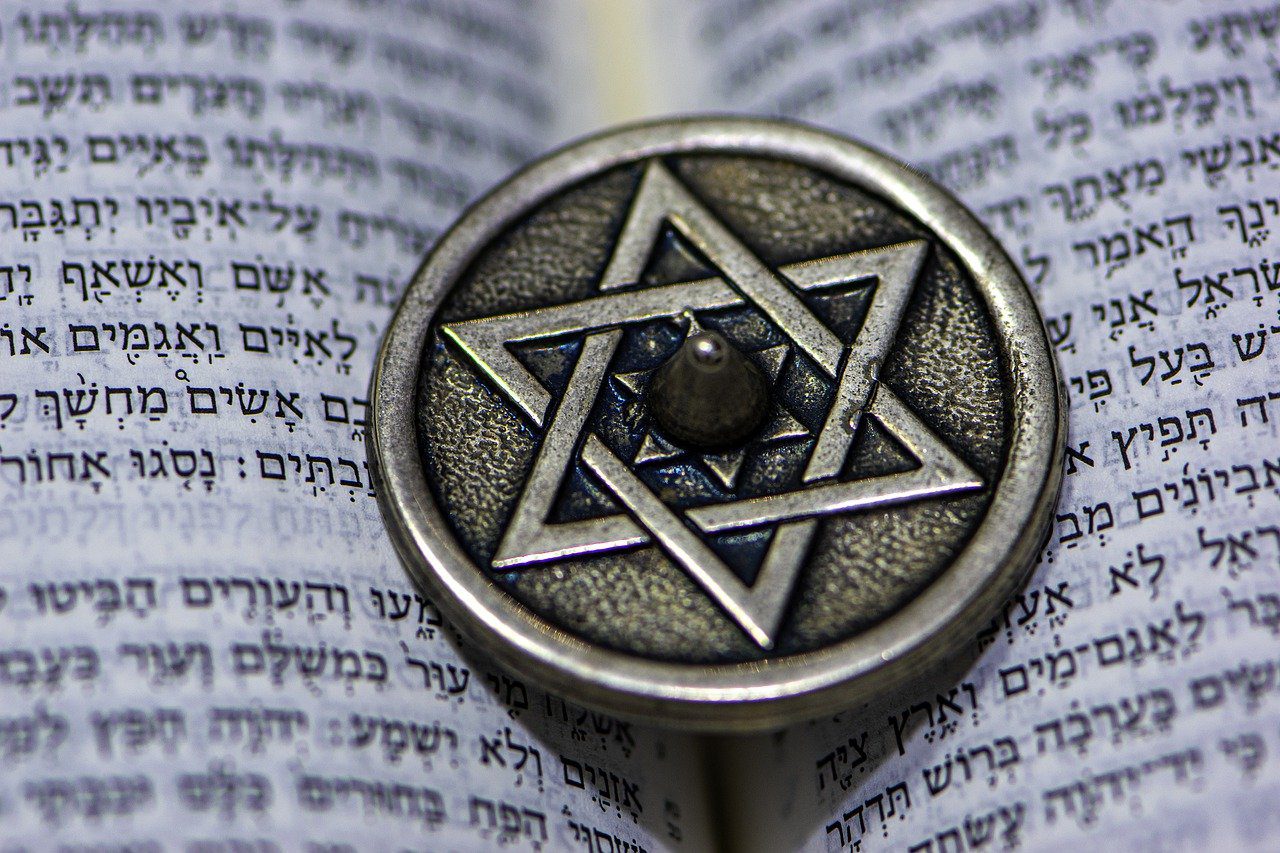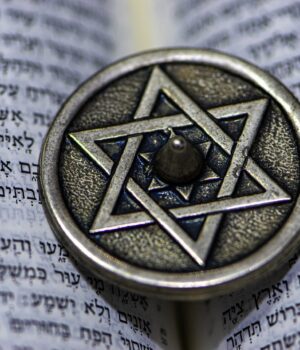What are kosher products? Find out what that curious label with the six-pointed star means. Why are people interested? Jewish? Let's see it!
Only Jewish thing?
It is increasingly common to find a label that says Kosher in some supermarket foods. This appears in different logos with the David's star o nine candle chandelier, symbols of the Jewish power. Thus, these serve to indicate that they are suitable foods for believers of this religion. However, the percentage of Jews is too small to explain why it appears in more and more places.
It has a greater presence in countries like Argentina, Mexico and Colombia than in Spain. In fact, the country of barbecue and chimichurri has 175.00 Jews Among a population of just over 45 million. However, there are many people who value these products for their hygiene guarantees.

Kosher products: prohibited foods
Actually, the Jewish religion establishes food codes in its Torah, the code of laws. More within it, it is part of the «Kashrut, your food code. Among his precepts is not to eat insects. For this reason, all fruit and vegetables are accepted as long as they are washed and inspected beforehand. In addition, the green ones are observed against the light for greater safety. The cereals y vegetables, are also checked by hand before cooking.
However, the best-known standards for kosher products refer to the meat. The first thing is to determine which animals can be eaten and which cannot. All poultry and three mammals are suitable: the lamb, goat and cow. This is because the Torah defines the fit as ruminants and those with split hooves. However, within these we only have the breeding animals. As for birds, chicken, turkey, duck and goose are allowed.
Does the meat look like halal?
Although these animals are allowed for consumption, they still have to meet another requirement: they must be slaughtered with a specific procedure supervised by rabbinic authorities called "shechita". It consists of a quick cut of the trachea and esophagus to avoid the suffering of the animal. It reminds us a lot of the halal rite of the Muslims that we talked about in another article.
After this process comes the "bedika". During this, an inspector checks the internal organs to detect physiological abnormalities. Like in the Islam, animals must be healthy to be consumed. Thus, sick animals are discarded. In general, the inspector pays close attention to the lungs to verify that they are not perforated. It is usually a sign of disease.
Milk, fats and eggs
La milk follow some rather particular precepts. Interestingly, it cannot be mixed with anything related to meat. This is so since the Torah it specifies that it is cruel to thus link the mother with the young of an animal. This is why most orthodox Jews keep milk separate from meat. Similarly, it is prohibited cheeseburger.

Even within cheeses there are considerations to take into account. Not all are suitable, as meat is sometimes used to achieve rennet. Besides, the blood and animal fat are prohibited. To separate the latter, it is necessary to cut and extract certain nerves and lobes, the "nikur". To remove the blood, the meat is salted in cold water.
The eggs they should be checked to make sure they are free of blood. To finish, we clarify what kind of seafood is kosher. They must have scales and fins. That is why all seafood they are discarded. Neither should fish be served on the same plate as meat.
Conclusion
Now that you know the implications of certification we must mention something. These products are more expensive, as they require a verification process. However, Jews have it increasingly easy when they travel. Above all they can get it in the capitals of Europe y Latin America.







